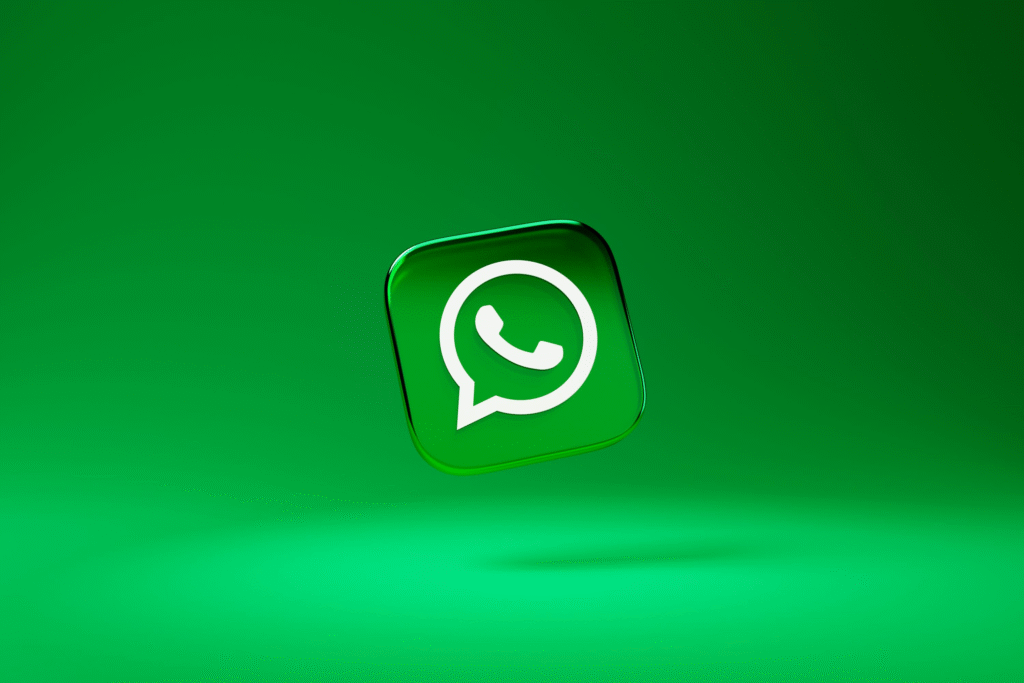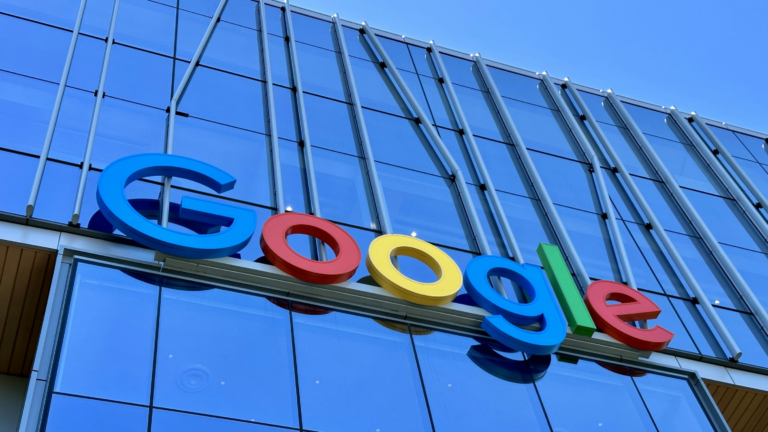A U.S. court has made a big decision against the Israeli spyware company NSO Group. The company is now permanently banned from trying to hack or target WhatsApp, the messaging app owned by Meta Platforms. This case has been going on for several years, and the court’s final decision could change the future of NSO Group completely.
Judge Phyllis Hamilton of the U.S. District Court gave this ruling in a 25-page document released on Friday. She not only ordered NSO to stop its attempts to break into WhatsApp but also reduced the huge amount of money the company was supposed to pay in damages. Earlier, NSO had been asked to pay around $167 million to Meta, but this amount has now been brought down to $4 million. This is a 97% reduction, which comes as a relief for NSO, even though the permanent ban is a heavy blow.
For years, NSO Group has been in the middle of many controversies. The company is best known for creating Pegasus, a powerful hacking tool that can secretly enter people’s phones. Pegasus can steal private data, messages, photos, and even turn on the camera or microphone without the person’s knowledge. Reports from across the world have claimed that this spyware has been misused by governments and agencies to spy on journalists, activists, and politicians. Because of such accusations, NSO has often been called a danger to human rights and privacy.
Meta, the parent company of WhatsApp, has been fighting this legal battle with NSO for about six years. According to Meta, NSO’s hacking tools tried to break into WhatsApp’s systems and attack users’ devices. These attacks could allow Pegasus to read messages that are supposed to be private and secure. Since WhatsApp is used by over two billion people worldwide, this posed a massive threat to global privacy.

When the court gave its final decision, Meta executives expressed their happiness. Will Cathcart, the head of WhatsApp, said on X (formerly Twitter): “Today’s ruling bans spyware maker NSO from ever targeting WhatsApp and our global users again. We applaud this decision that comes after six years of litigation to hold NSO accountable for targeting members of civil society.” His statement showed how strongly Meta wanted to protect its users’ privacy and how long the company had waited for this result.
While Meta celebrated, things looked much more serious for NSO. The ruling stated that the company can no longer target WhatsApp in any way. This means NSO’s main operations involving this platform must completely stop. The company had already warned earlier that such a ban could put its entire business at risk. NSO even said that it might be forced to shut down if it could no longer work with or test systems like WhatsApp. The judgment quoted NSO’s concern that “an injunction preventing it from going after WhatsApp would put NSO’s entire enterprise at risk and force NSO out of business.”
However, the court was firm in its decision. Judge Hamilton’s order made it clear that the company’s actions could not be justified by its claims of helping law enforcement or fighting terrorism. For many years, NSO has said that its technology is meant to help governments catch criminals and prevent terror attacks. It has repeatedly argued that its spyware tools are sold only to government-approved clients who use them to maintain public safety. But critics and human rights groups have long said that Pegasus and other NSO tools have been misused to spy on innocent people.
After the ruling, NSO issued a statement saying that it welcomed the court’s decision to reduce the damages from $167 million to $4 million. The company emphasized that this was a “97% reduction in punitive damages,” which it considered a big relief. NSO also pointed out that the ban applied only to its own activities and not to its customers. The company said its clients “will continue using the company’s technology to help protect public safety.” This means that NSO is still defending the idea that its tools are important for security purposes.
Despite the reduced fine, the permanent injunction — or lifetime ban — is a serious setback for NSO. The company’s reputation has already suffered a lot due to multiple reports linking its spyware to spying on journalists and activists in countries like India, Mexico, and Hungary. The new U.S. ruling adds more pressure, especially since the American government had already blacklisted NSO Group in 2021 for its alleged misuse of technology. Being banned from targeting one of the world’s biggest messaging apps like WhatsApp could further isolate the company from the global tech market.
The court’s decision also shows how seriously privacy and security are being taken in today’s digital world. Millions of people depend on messaging apps like WhatsApp for personal and professional conversations. Any attempt to hack these platforms can put users’ lives, data, and safety at risk. This ruling sends a strong message to spyware makers that companies like Meta and the U.S. legal system are ready to take strict action to protect users’ privacy.
Interestingly, NSO Group was recently purchased by a group led by Hollywood producer Robert Simonds, according to a report published earlier this month by TechCrunch. Simonds has not commented yet on how this ruling might affect NSO’s future. It remains unclear whether the new ownership will make changes to how the company operates or try to move away from its controversial spyware products.
For now, NSO has said that it will “review the decision and determine its next steps accordingly.” This suggests that the company might appeal or look for ways to keep its business alive without violating the court’s order. But legal experts believe that the injunction is firm and will be very difficult to overturn.
In the end, the U.S. court’s ruling represents a major victory for privacy advocates and technology users worldwide. It shows that even powerful spyware companies cannot act without consequences. While NSO may continue to defend its intentions, the damage to its reputation and future business prospects seems significant.
As Will Cathcart’s statement shows, this was more than just a legal win — it was a message about the importance of privacy and accountability in the digital age. The six-year battle between WhatsApp and NSO has finally reached a turning point, one that could set an example for how courts handle similar technology-related disputes in the future.








